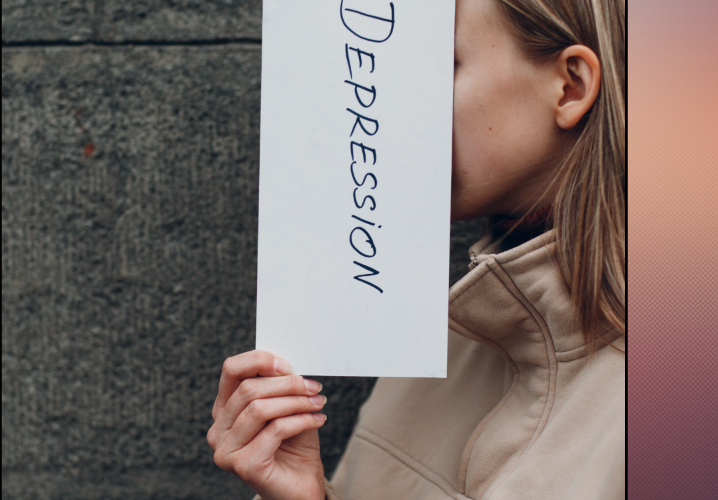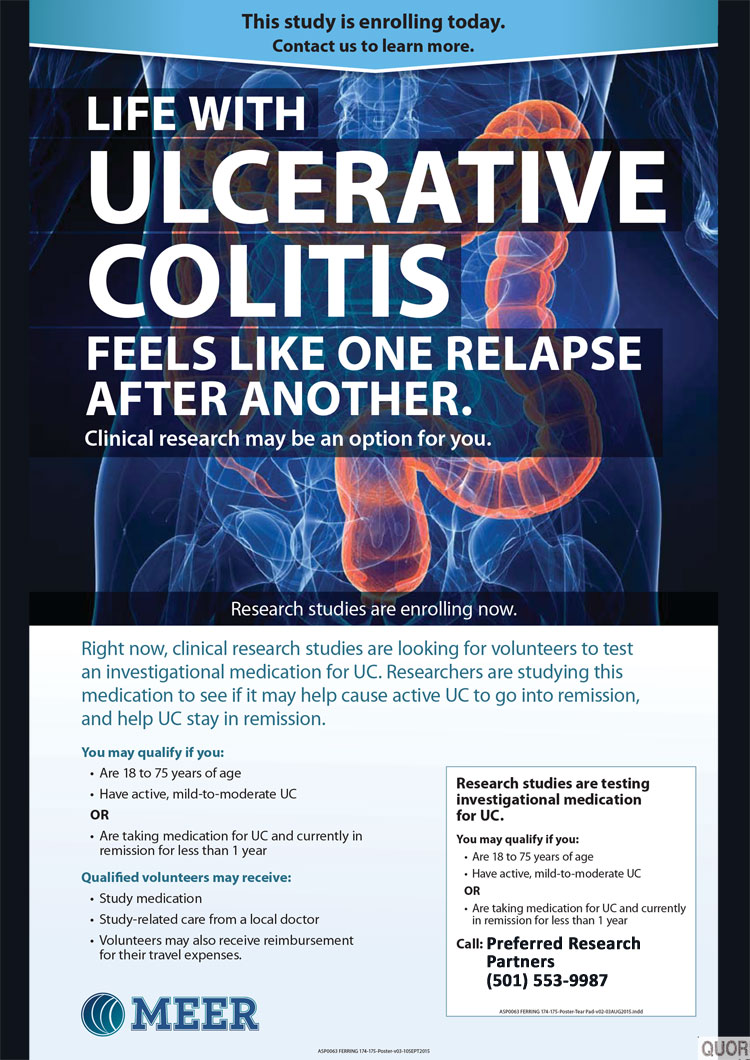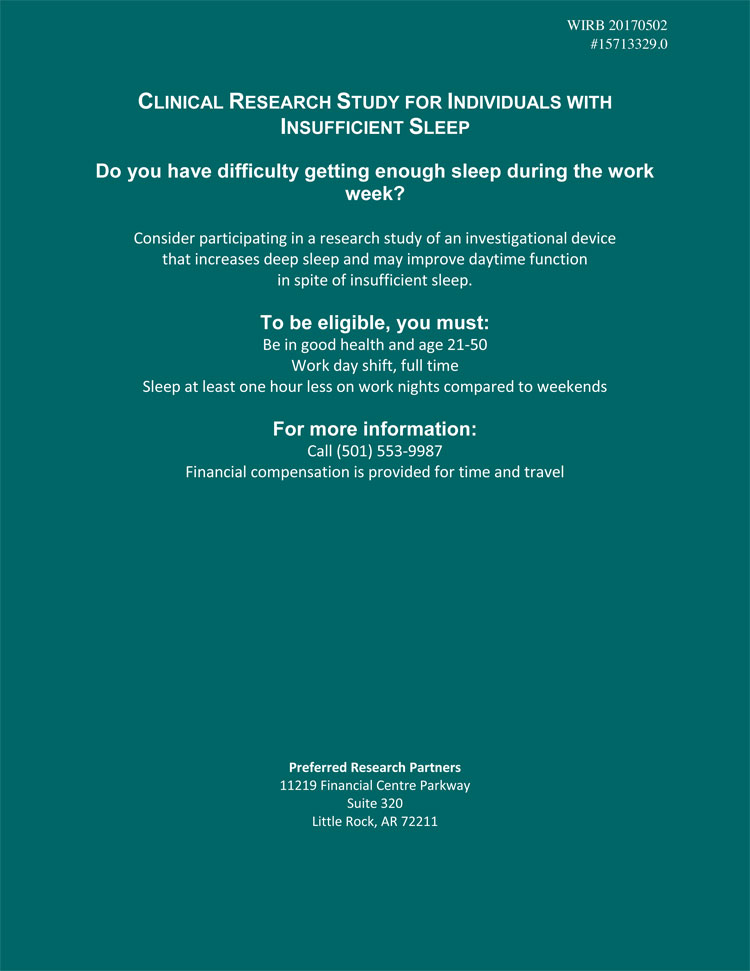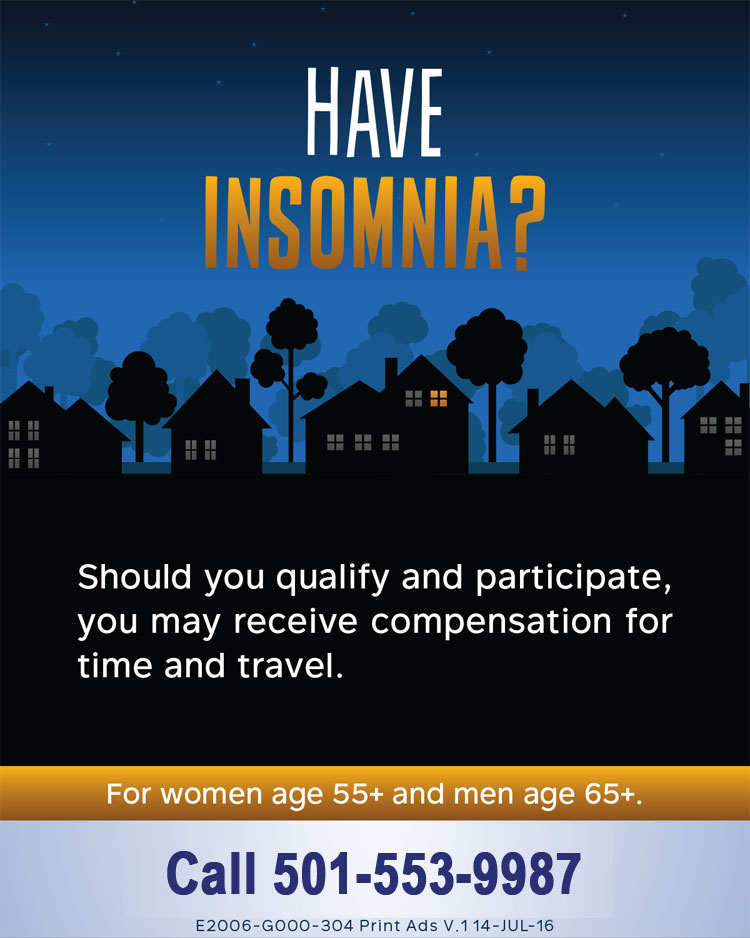Are busier lives and the rise of depression interconnected? While it’s important to note that depression is a complex mental health condition with various contributing factors, the fast-paced and demanding nature of modern life can increase the risk and severity of depression for many individuals.
Depression is characterized by persistent feelings of sadness, hopelessness, and a lack of interest or pleasure in daily activities. It can affect various aspects of a person’s life, including their emotions, thoughts, and physical health. While some when struggling with depression may or can shut down and neglect their routine or responsibilities, others will continue on with their busy lifestyles and potentially become even more depressed due to the load of tasks needing to be completed. With this it is seen that someone’s busy lifestyle impacts their depression.
Life often involves juggling multiple responsibilities, such as work, family, social obligations, and personal pursuits. The constant pressure to meet deadlines, perform well at work, and balance these demands can lead to elevated stress levels. Chronic stress is a known risk factor for depression. Many people today struggle to establish a healthy work-life balance. Long working hours, excessive job demands, and the blurring of boundaries between work and personal life can leave individuals with little time for self-care and relaxation.
Along with the tasks of work and home life comes inadequate sleep. Sleep disturbances and chronic sleep deprivation can negatively impact mood regulation and increase the risk of depression. Diving into what is needed to keep yourself healthy, rejuvenated and having limited stress can help when it comes to depression.
What can be done to reduce your depression?
Regular exercise is known to have a positive impact on mental health. Healthy nutrients are necessary for good mental health, so preparing meals ahead of schedule may help. Limit the use of social media and technology as it can lead to digital overload. Most importantly, seek help when needed and prioritize your mental health.
What is the cause of depression?
There are many causes of depression. It can result from a combination of genetic, biological, environmental, and psychological factors. Stressful life events, trauma, and chronic medical conditions can also contribute to the development of depression. It’s essential to recognize that while modern life can contribute to depression, it is not the sole cause.
What treatment options are available?
Treatment options for depression typically involve a combination of therapy, medication, lifestyle changes, and social support. Do not feel isolated by the options available for depression, do what is best for you.
Depression is a leading cause of suicide. If you or someone you know is experiencing thoughts of self-harm or suicide, it’s crucial to seek help immediately. Contact a mental health professional or a crisis helpline, such as the National Suicide Prevention Lifeline in the United States at 1-800-273-TALK (1-800-273-8255).
To address the rise of depression today, it’s crucial to promote mental health awareness, reduce stigma, prioritize self-care, and create environments that support well-being. This may involve reevaluating societal values, work expectations, and the role of technology in our lives to foster healthier and more balanced lifestyles. Building a strong support system through friends, family, or support groups can be beneficial in a recovery journey. Additionally, seeking professional help when needed is essential for managing and treating depression effectively. Contact Preferred Research Partners today to learn more about clinical trials that are currently enrolling for depression.











